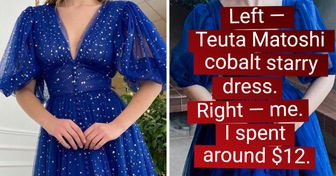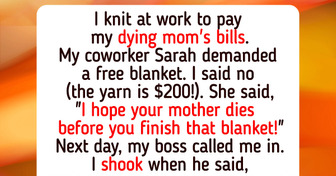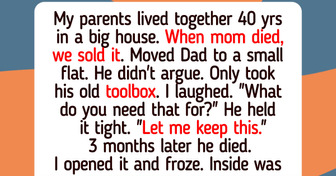15 Pleasing Pics That Shout Out the Word “Perfection”
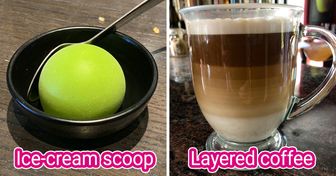
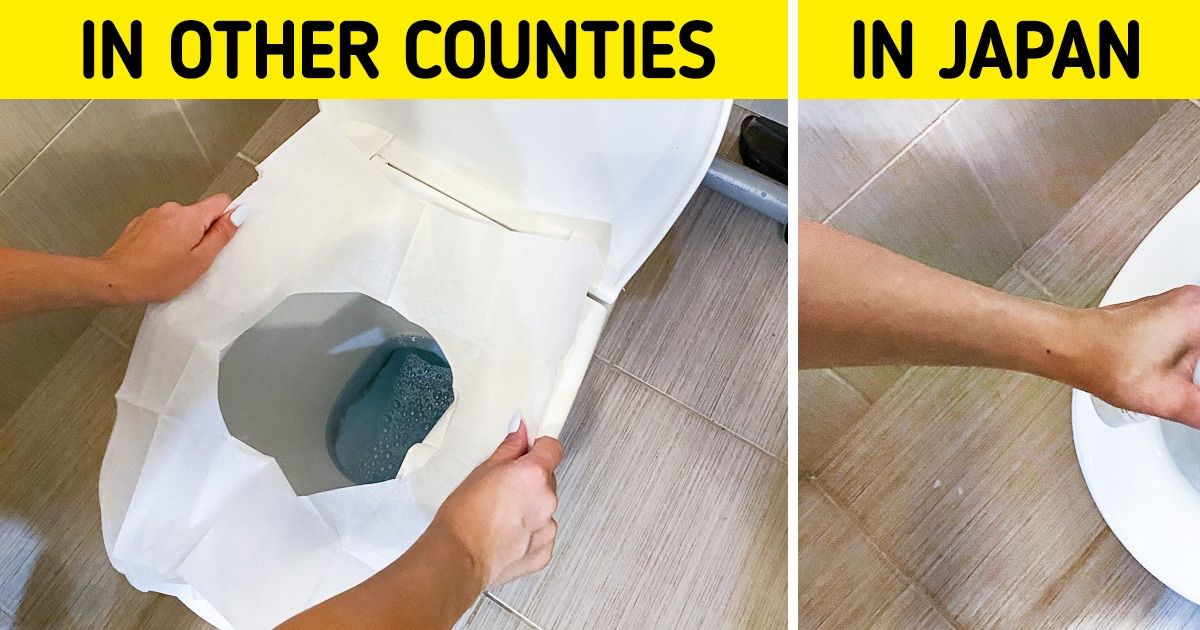
The culture of the Land of the Rising Sun is amazing and shocking at the same time. What is normal and familiar for the Japanese may be wild and incomprehensible to foreigners. In Japanese houses and apartments, people prefer not to wash vegetables and fruits from the supermarket, they put on special slippers when entering the restroom, and even take showers while sitting.
We at Bright Side dove deep into studying the lives of people in Japan, and some of their everyday habits proved to be extremely interesting.
It’s no secret that the Japanese are extremely scrupulous about hygiene and cleanness. In their houses and apartments, in front of the entrance to the restroom, there are special slippers with the inscription “toilet” on them. People put them on and leave their home slippers behind the threshold. This rule is followed in many public places including offices, hospitals, and restaurants.
For Japanese people, gargling (ugai) is as necessary as washing your hands. You can see a person performing this ritual not only at home but also at work or in a shopping center. Here, special rinsing solutions are sold everywhere, but typically, plain warm water or a decoction of chamomile is enough.
You can drink tap water in Tokyo without fearing that it might harm your health. Here, it’s the purest form of water due to strict measures and high filtration requirements. Moreover, you can drink water from the tap not only at home but also in underground stations, in shopping centers, and supermarkets.
Due to the high humidity in the apartments here, clothes are dried on the balcony after washing. At the same time, Japanese women prefer not to expose their underwear to the public. Special protective covers that hide panties and bras from prying eyes have become particularly popular.
Many Japanese people have successfully put into practice the cleaning method of Marie Kondo, who recommends getting rid of unnecessary items without regret and keeping things in order, not by room, but by category. Each object has its own place next to the same object or a similar one.
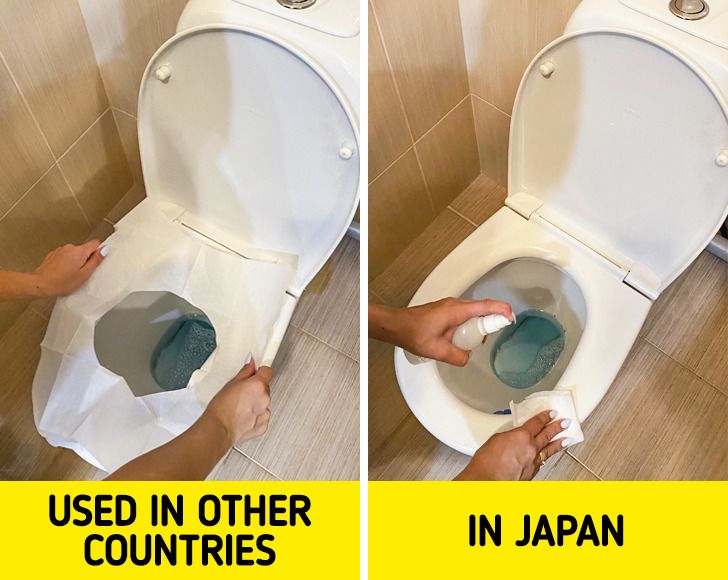
In Japan, you will hardly find the usual disposable toilet rims. Instead, people roll up toilet paper in several layers, moisten it abundantly with a disinfectant (which is always located next to the toilet bowl), and thoroughly wipe the seat.
The fact is, almost all products in Japanese supermarkets are hermetically packaged, washed, and completely ready to eat. The cleanness and quality of food are carefully monitored here. For example, if you take the wrong product from the counter by mistake, you can’t just put it back in its place. In such cases, employees either disinfect it or simply throw it away. That said, some washing as a precaution is not uncommon.
Would you be able to get used to the peculiarities of the way Japanese people live? Would you like to move to this country?




